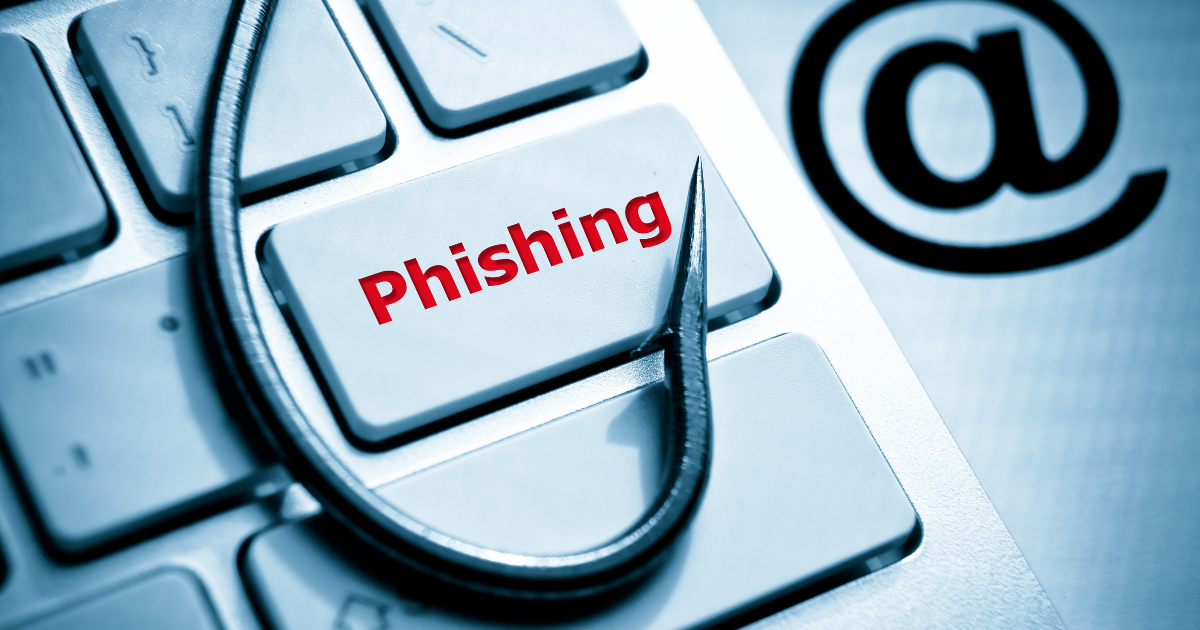
How to spot a scam email
Posted on: April 27th, 2020
Cyber criminals send thousands of phishing and scam emails every single day. Scam emails attempt to trick the recipient into sending their personal information, such as bank details or passwords, downloading attachments with viruses or clicking on malicious links. These emails are becoming more and more sophisticated and increasingly difficult for people to detect. Here are a few ways to spot a scam email.
The email address
Check the sender’s email address first. Most phishing emails will impersonate well-known brands or work colleagues to trick the recipient. Ensure that the email address is correct. If it comes from a public email such as gmail.com or has lots of random numbers or letters, it is a sign that they are not who they say they are. The legitimate company or colleague will send emails from a company email address.
The links
You also need to check any links included in the body of the email. If you are on a computer, you will be able to hover over and inspect the links, without clicking on them, to verify if they are linking to a legitimate website.
Asks for personal information
It is highly unlikely that companies will ask for personal information via email. No matter how legitimate the email looks, reputable companies will not ask for passwords, accounts numbers, credit card details or security questions through email, especially if you didn’t initiate any actions.
Incorrect spelling and grammar
A tell-tale sign of a scam email is incorrect spelling and grammar. The style of the writing will likely be different from that of the legitimate company or person. Additionally, there may be poor grammar and spelling errors throughout, such as sentences not quite making sense.
The message uses fear tactics or appears to be too good
Phishing emails often use fear tactics to scare the recipient and create a sense of urgency. For example, they might include a strict deadline for you to send information by or say that your account has been closed and action is required immediately. Conversely, if the offer in the email appears too good to be true, it likely is. If an email says you have inherited money, it is best to delete it.
If an email you receive doesn’t look legitimate, it is a good idea to get in touch with the company or person directly to notify them. They will be able to help with any concerns you may have.
Back to all blog posts
